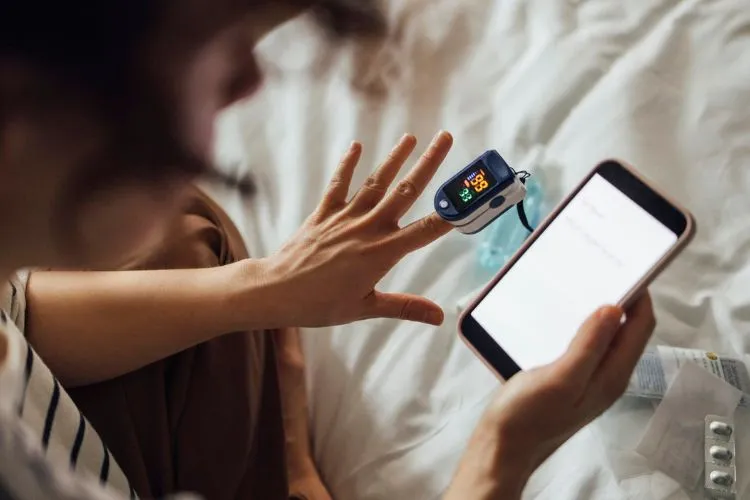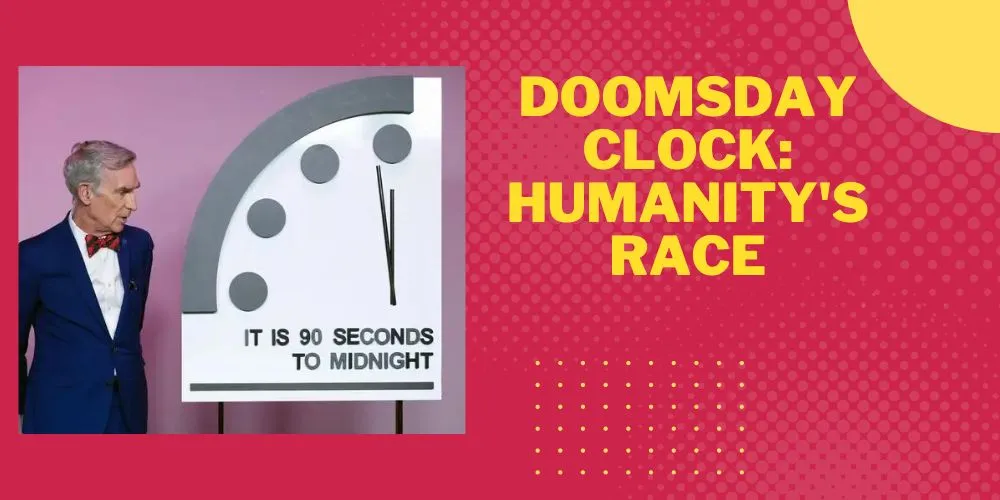In an era marked by escalating global tensions and environmental uncertainties, the concept of emergency preparedness has transcended the realm of mere survivalists and entered the mainstream consumer consciousness.
A recent viral sensation on TikTok, where influencer Krystal Christensen, known online as @charminglyfrugal, showcased Costco’s bulk-sized emergency food offerings, has brought this shift into sharp focus.
Garnering over 4.3 million views, Christensen’s video not only highlights the growing public interest in readiness for unforeseen disasters but also reflects a broader societal anxiety about the future.
The Catalyst of Concern
Christensen’s TikTok video, which features the Ready Wise brand emergency food kit offering 132 pasta meals for $63.99 and Mountain House freeze-dried ice cream sandwiches sold in six-packs for $9.97, taps into a primal instinct: the need for security in times of crisis.

Her candid remark, “if s–t hits the fan, I’d rather be more comfortable on a day that’s a bummer,” encapsulates a sentiment felt by many.
The video has sparked a wave of reactions, with some viewers expressing fear and speculation about impending doomsday scenarios, especially in light of recent grim adjustments to the metaphorical “Doomsday Clock” and public warnings from NATO about the possibility of conflict with Russia.
A Trend Years in the Making
Despite the sudden surge in attention, Costco’s foray into emergency food bundles is not new. Since 2018, the members-only store has been offering a year’s worth of canned and non-perishable food priced at $6,000, designed to sustain a family of four through emergencies or natural disasters.
This initiative, coupled with Christensen’s viral video, underscores a significant trend: the commodification of disaster preparedness.
Beyond TikTok: The Broader Implications
The reaction to Christensen’s video and the offerings by big-box retailers like Costco highlight a societal shift towards embracing emergency preparedness as a standard household consideration.
This movement is not merely about stocking up on emergency food supplies; it’s a reflection of the increasing unpredictability of our times. From climate change-induced natural disasters to geopolitical tensions, the reasons for this shift are as varied as they are compelling.
The Role of Big-Box Retailers
Retail giants like Costco, along with Sam’s Club and Sportsman’s Warehouse, as mentioned by Christensen, play a pivotal role in this new era of preparedness. By making emergency supplies more accessible and affordable, they democratize the ability to prepare for disasters.
However, this trend also raises questions about consumerism’s role in our survival strategies and the potential for exacerbating anxieties in pursuit of profit.
Navigating Preparedness in the Information Age
In the digital age, influencers like Christensen wield significant power in shaping public discourse and behavior. The viral nature of such content can spread awareness but also panic.

As Admiral Rob Bauer of the NATO military committee suggests, preparedness starts with simple, practical steps: securing water, a battery-operated radio, and a flashlight. Yet, the conversation sparked by viral videos extends beyond the immediate rush to purchase emergency kits; it’s about fostering a broader culture of readiness and resilience.
The Ethical Dimension
As we navigate the landscape of emergency preparedness, ethical considerations emerge. The promotion of emergency supplies must balance between raising awareness and not inciting undue panic.
Moreover, the focus on consumer solutions to complex problems like war and natural disasters invites a critical examination of our collective approach to security and sustainability.
Looking Forward
The intersection of social media, consumer behavior, and emergency preparedness presents both challenges and opportunities. As individuals and communities grapple with the realities of living in an increasingly volatile world, the importance of informed, practical preparedness cannot be overstated.
Retailers, influencers, and policymakers alike have a responsibility to guide public discourse towards constructive, ethical preparedness strategies that prioritize safety and community resilience over fear and individualism.
In conclusion, the viral phenomenon surrounding Costco’s emergency food offerings serves as a microcosm of a larger societal movement towards embracing preparedness.
As we confront the uncertainties of the future, the collective journey towards resilience and readiness must be navigated with care, foresight, and a commitment to the common good. The end may not be nigh, but the path to preparedness is certainly high on the public agenda.


